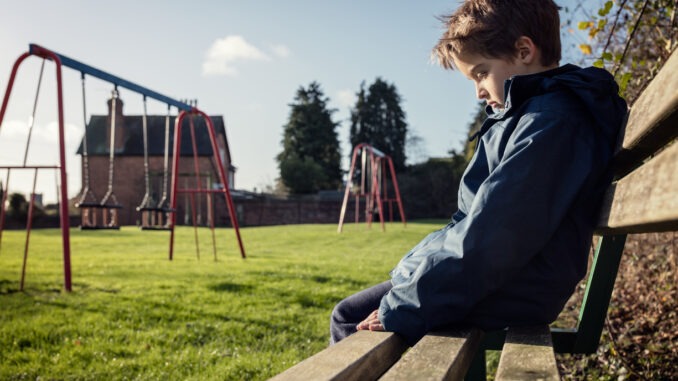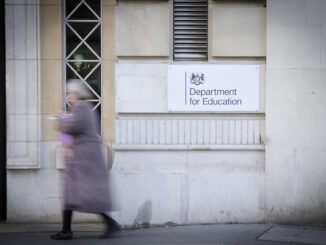
As reported by the BBC News, 1.8m pupils in England did not attend at least 10% of the school term last Autumn
According to new reports from 145 councils for the Children’s Commissioner during the same period, 122,000 children missed at least half of school time.
British educationalist and former headteacher, Dame Rachel de Souza has called for urgent action to identify those most at risk and why they are missing school.
The investigation has suggested many pupils never fully returned to class after lockdown during the COVID pandemic.
Dame Rachel said: “I’m extremely concerned, I’m surprised at the size of it.”
“I’m worried about children missing education but also safeguarding and helping those who most need to be back at school to be back.”
The worry is the potential for some children to fall through the gap between school and social services.
“I’m very keen we start to work with a unique identifer for children, that could be the NHS number or one of the other numbers that already exist.”
Persistent absences are marked when a pupil misses more than 10% of school time – latest estimates show that this rate has almost doubled since the pandemic.
The Department for Education has launched a pilot programme to reduce persistent absences.
Steve Fogg, who runs a course working with small groups of teenagers who are not attending school, fears the problem will get worse before it gets better.
“It’s become much worse, young people got used to not going to school, and if they were having a bad experience before the pandemic, their anxieties rise being forced back into school.”
There are a number of reasons for teenagers not to be attending classes, but a loss of social and academic confidence has been reported by many teachers.
Persistent absences have affected almost all schools in the past two years, even those with previously very good attendance records.
That’s the case at St Margaret’s Church of England Academy in Liverpool. The school has a dedicated family liaison officer who works closely with parents or carers to try and remove any barriers for their children returning to school.
Stephen Brierley, the headteacher of St Margaret’s Church of England Academy, said “There are some (pupils) that have got out of the habit of coming to school, and some have extra social needs so have found it difficult to make that leap to come back to school.”
“If they are not in school they are at risk of criminal exploitation or being in harms way – it’s safer for them to be in school” he added.



Be the first to comment